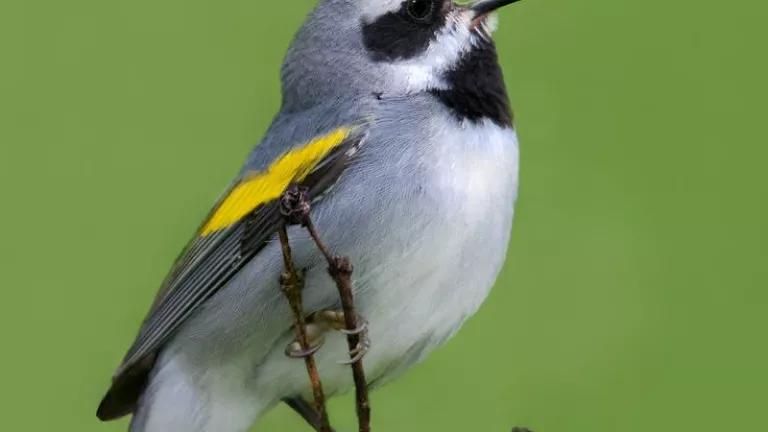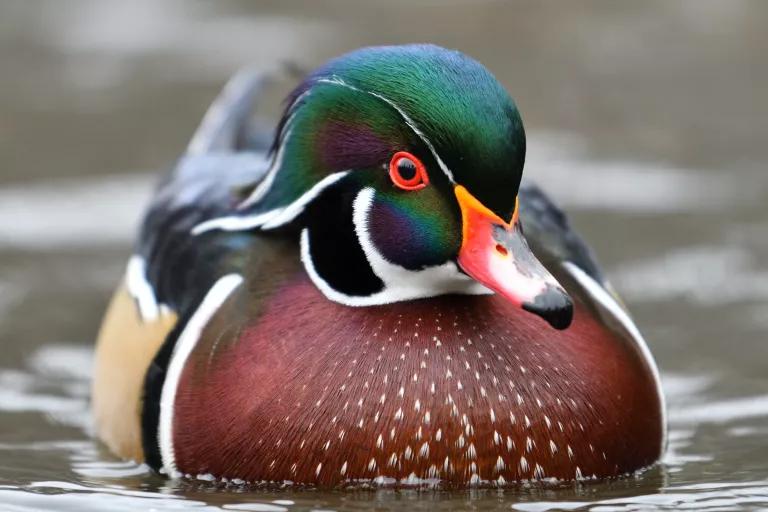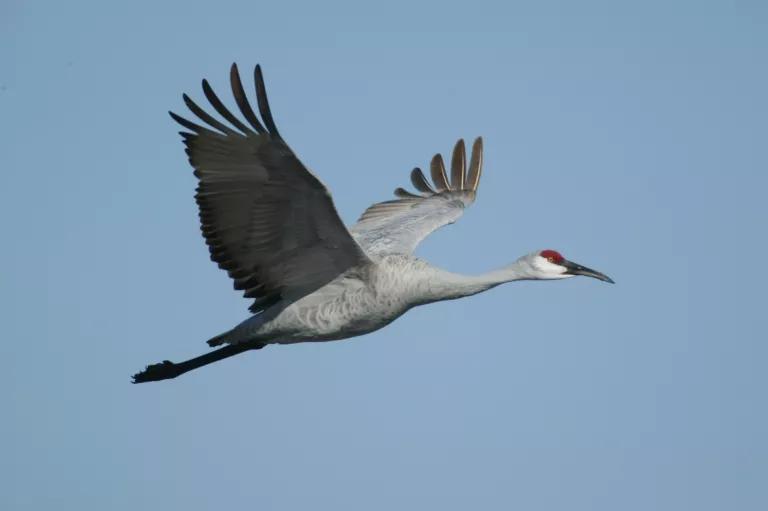Zinke’s Doubling Down on Dismantling Bird Protections

The Trump administration and Interior Secretary Zinke, in particular, are enchanted by giveaways to polluters at the expense of the American public. A prime example is their recent reinterpretation of the Migratory Bird Treaty Act (MBTA), one of our nation’s oldest wildlife conservation laws.
The MBTA was enacted in 1918, codifying America’s commitment to honor international treaty obligations designed to protect migratory bird populations. To accomplish this, the law prohibits the “taking” of migratory birds without prior authorization from the government. Or more simply put, killing any of the 1,026 birds listed under the MBTA without a permit is illegal.
Until the Trump administration, the federal government applied this prohibition to various types of acts, whether intentional or unintentional. So, in addition to hunting and poaching, industrial activities that were likely to kills birds fell under the purview of the MBTA—activities like oil and gas development, which accounts for roughly 90% of the MBTA cases brought against industrial activities, and pesticide applications. The federal government further relied on this prohibition to incentivize actors to reduce harm to birds, allowing companies to follow best management practices—and thereby save hundreds of thousands of birds—to demonstrate compliance with the law.
As we were about to celebrate the 100th anniversary of this landmark conservation law, the Trump administration decided to gut the MBTA by limiting its reach to the purposeful or intentional killing of birds—e.g. hunting or poaching. In a legal memo written by Daniel Jorjani, the Interior Department’s Principal Deputy Solicitor—and who previously served as a longtime advisor to Charles Koch—Jorjani surmised that Interior agencies would no longer enforce the MBTA as originally designed. Rather, the law now only applies in circumstances when an actor, no matter what the activity, actually and purposefully intends to harm birds.
This radical reinterpretation drastically slashes the reach of the MBTA. It means that it is no longer illegal to kill thousands of birds at an uncovered oil waste pit, nor is it illegal to negligently kill millions of birds at an oil spill, *unless* you literally intended to kill those birds (even when an actor consciously knows their activities will directly result in the death of birds). And thereby directly undermines decades of collaborative efforts to minimize harm to birds for human-caused activities.
The impact is immediate. The U.S. Fish and Wildlife Service is now telling companies that they are no longer required to avoid harm to birds—e.g. by avoiding clearing trees for natural gas pipeline construction during nesting seasons. And it severely jeopardizes the federal government’s ability to ensure that good actors do not become bad ones. For instance, the MBTA was a primary wildlife law applied in holding BP criminally liable for environmental damages resulting from the Deepwater Horizon oil spill. Under the Trump administration, holding BP accountable for a million bird deaths would no longer occur.
Despite an outcry by conservationists, Congress and former officials from the previous eight administrations, the U.S. Fish and Wildlife Service recently issued guidance following-up on Interior’s legal opinion. The guidance goes to great lengths to explain how the agency will implement the new interpretation. But what the Trump administration has completely lost sight of is the original intent and plain meaning of the MBTA, which is to protect birds.

At the MBTA’s inception, one of the greatest threats to birds was hunting and poaching. The plume trade—or sale of bird parts and feathers—alone drove many once common-species to the brink of extinction. After the law’s passage, species such as snowy egrets and wood ducks were given respite and a chance to rebound, which both species did by the 1960’s.
Today, the greatest threat to birds is not hunting and poaching, but rather climate change, habitat loss, and industrial and hazardous human activities. A recent report on the global status of bird populations found that one in eight bird species is threatened with global extinction and 40% of the world’s 11,000 bird species are in decline.
If the Trump administration has its way, it will have you believe that the MBTA is only about hunting and poaching and thereby a law of the past. But we cannot let them add one of the most important laws for birds to their list of anti-environmental giveaways, and especially when the need to protect birds is greater than it has ever been.

This blog provides general information, not legal advice. If you need legal help, please consult a lawyer in your state.

